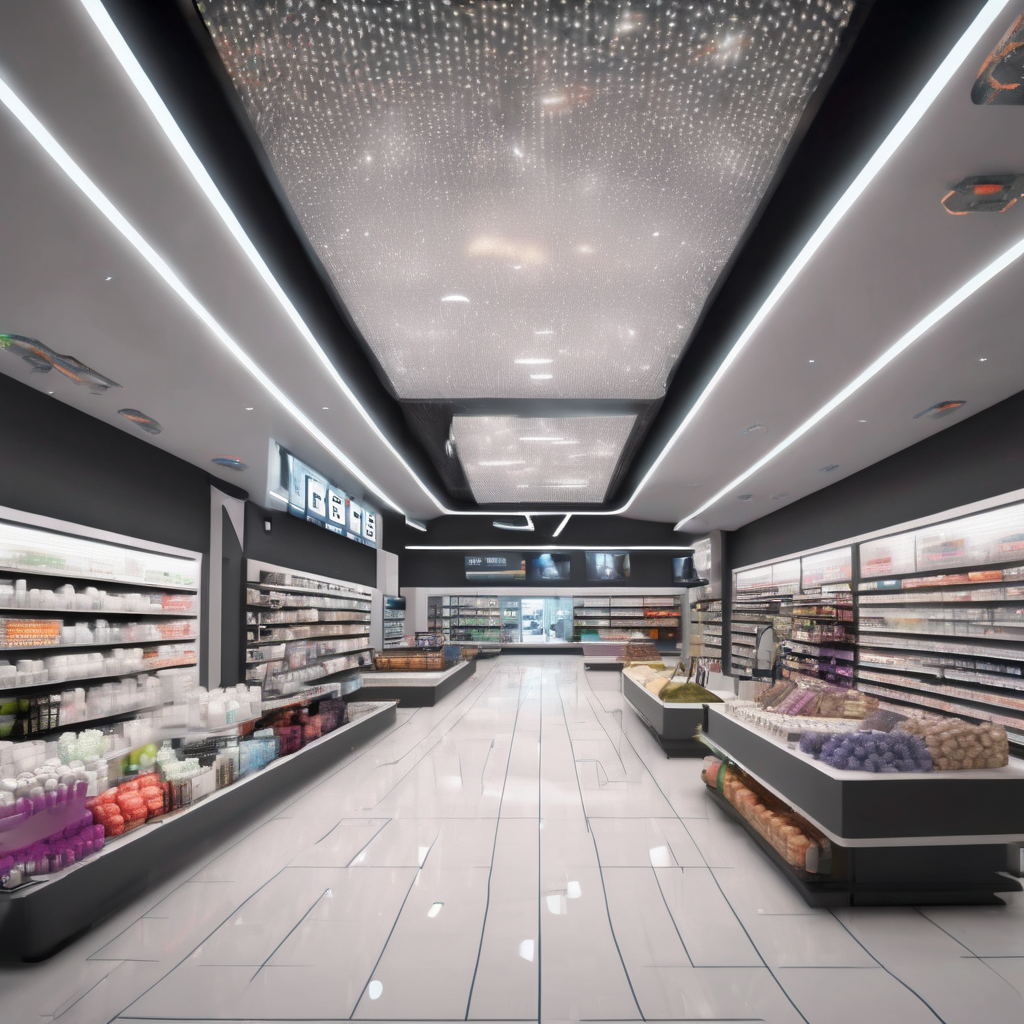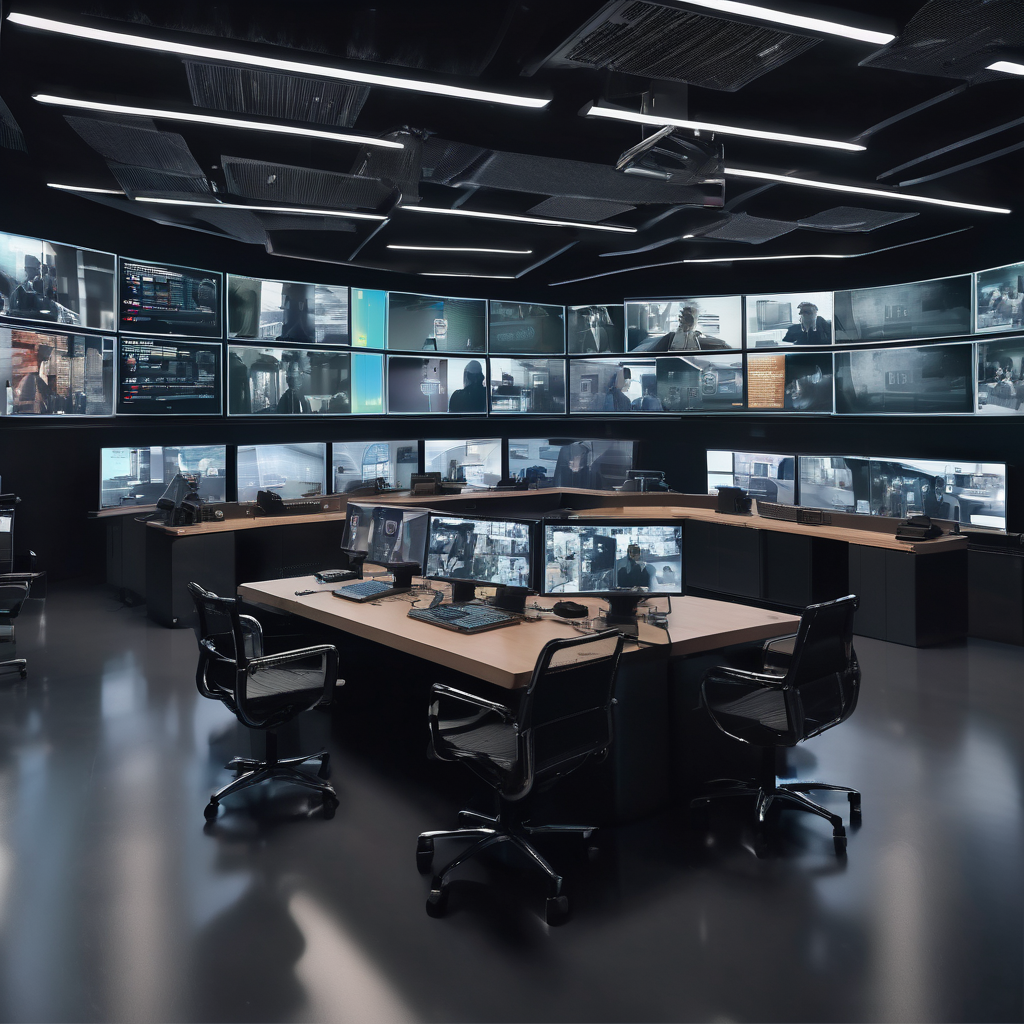
Retail stores worldwide are increasingly integrating artificial intelligence (AI) video recognition systems as a vital part of their security infrastructure. These sophisticated systems are engineered to continuously analyze live video streams, detecting potential threats such as shoplifting, unauthorized access, and other suspicious activities. By providing immediate real-time alerts to security personnel, AI video recognition technology greatly improves retailers' ability to respond promptly and reduce losses. Karen Miller, an experienced security manager in retail, emphasized the practical advantages of this technology: "AI video recognition is a valuable tool for loss prevention, " she noted. "It enables us to react swiftly to incidents and prevent possible losses. " Since adopting these systems, retailers have reported enhanced incident management and a decline in theft-related losses. The use of AI in retail security reflects a broader trend of businesses employing advanced technologies to optimize operations and boost safety. These systems rely on complex algorithms that identify unusual behavior patterns, alerting staff before incidents escalate or cause serious harm. Unlike traditional surveillance cameras, which require constant human monitoring, AI-powered systems automate much of the detection process, increasing efficiency and allowing security teams to concentrate on verified threats. Nevertheless, implementing AI video recognition does present challenges. Privacy advocates and legal experts stress the importance of balancing improved security with respect for customer privacy rights. Ongoing discussions focus on ensuring compliance with data protection regulations, such as the General Data Protection Regulation (GDPR) in Europe and comparable laws elsewhere.
Critical considerations for retailers include data security, transparency about surveillance practices, and clear policies on the storage and use of video footage to maintain customer trust. Industry specialists recommend transparent communication with customers regarding the presence and purpose of AI surveillance to mitigate privacy concerns. Additionally, strict data management protocols are necessary to guarantee that recorded footage is used solely for security purposes and safeguarded against unauthorized access. Looking ahead, advancements in AI video recognition are expected to further enhance retail security capabilities. Future innovations may involve improved behavioral analysis, integration with other security systems, and greater accuracy in differentiating genuine threats from false alarms. Such progress will enable retailers to maintain a safe shopping environment while respecting privacy standards. For those seeking a more detailed examination of this topic, Retail Dive has published a comprehensive article exploring AI video recognition's role in retail security, including technological developments and ethical considerations. The article serves as a valuable resource for retailers, security professionals, and customers interested in understanding the evolving landscape of retail safety. In summary, AI video recognition systems are proving to be powerful tools in combating retail theft and unauthorized access. Their capacity to deliver real-time alerts and assist security staff has led to improved loss prevention. However, it remains essential for retailers to deploy these technologies thoughtfully, ensuring adherence to data protection laws and balancing security goals with individual privacy rights. As technology evolves, ongoing dialogue among all stakeholders will be crucial to harness AI’s advantages while preserving customer trust and privacy.
AI Video Recognition Enhances Retail Security and Theft Prevention


Artificial Intelligence (AI) is profoundly transforming the digital marketing sector, particularly in Search Engine Optimization (SEO).

Delivering ROI on telco marketing campaigns has become increasingly difficult due to tightening budgets, higher boardroom expectations, and intensified competition from traditional rivals as well as agile MVNOs and challenger brands.

Oracle Corporation and AMD have announced an expanded partnership set to deploy 50,000 AMD GPUs starting in Q3 2026, forming a massive AI "supercluster" to power next-generation AI models.

Global shipowners, shipyards, and suppliers are preparing for a fresh investment cycle centered on fleet efficiency, artificial intelligence, and sustainability, according to the latest SMM Maritime Industry Report (MIR) released ahead of next year’s shipping exhibition in Hamburg.

Deepfake technology, powered by advances in artificial intelligence, has attained a sophistication level that enables the creation of highly realistic videos showing individuals saying or doing things they never actually said or did.

For more information, please visit: http://www

CoreWeave, a leading cloud computing provider specializing in AI workloads, has secured a substantial $650 million credit facility to accelerate its growth in the AI cloud computing sector.
Automate Marketing, Sales, SMM & SEO

and get clients on autopilot — from social media and search engines. No ads needed
and get clients today